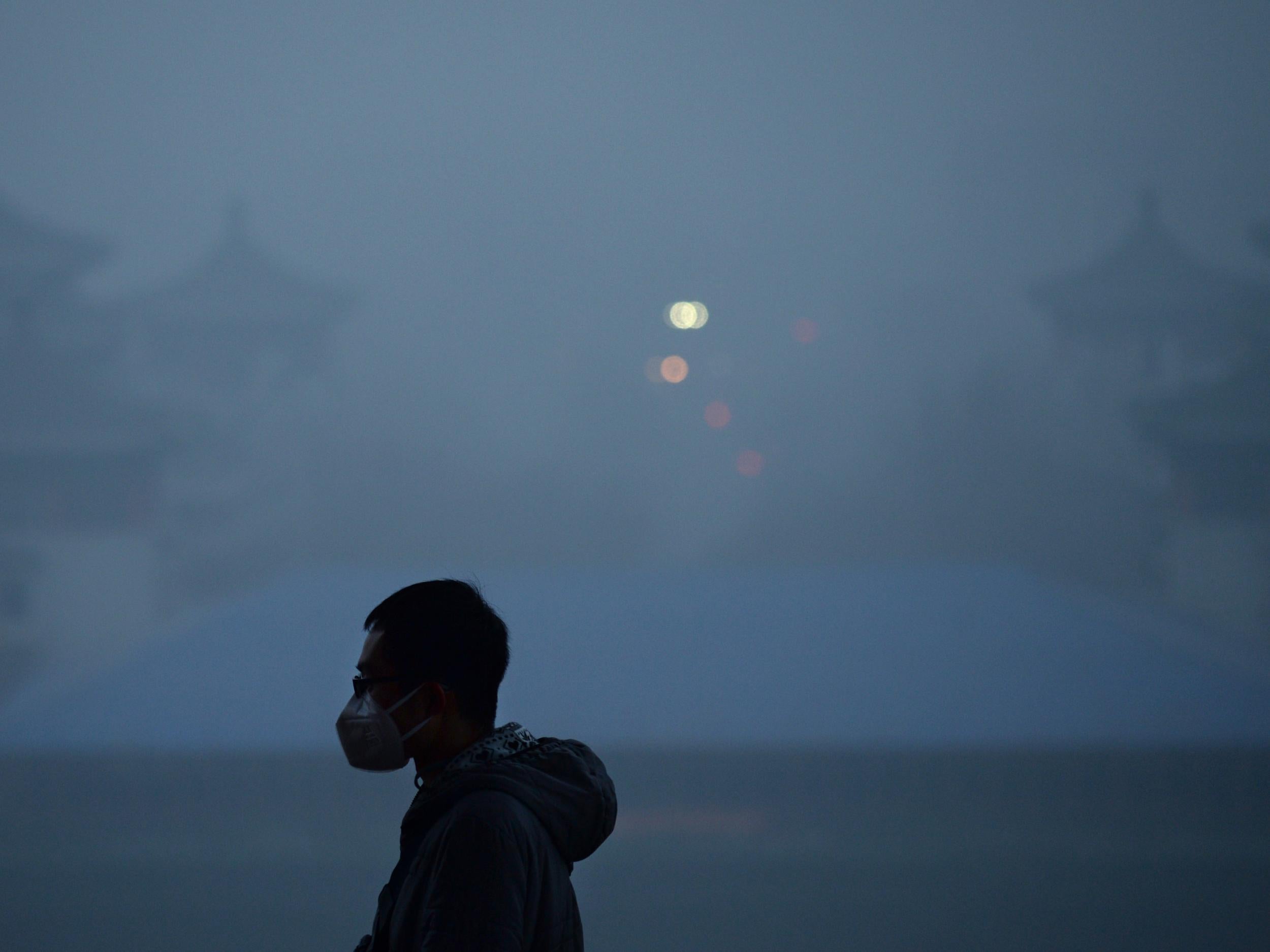China’s war on air pollution causing increase in dangerous ozone, new study warns
Scientists say findings suggest more comprehensive approach needed to stem toxic pollution

Your support helps us to tell the story
From reproductive rights to climate change to Big Tech, The Independent is on the ground when the story is developing. Whether it's investigating the financials of Elon Musk's pro-Trump PAC or producing our latest documentary, 'The A Word', which shines a light on the American women fighting for reproductive rights, we know how important it is to parse out the facts from the messaging.
At such a critical moment in US history, we need reporters on the ground. Your donation allows us to keep sending journalists to speak to both sides of the story.
The Independent is trusted by Americans across the entire political spectrum. And unlike many other quality news outlets, we choose not to lock Americans out of our reporting and analysis with paywalls. We believe quality journalism should be available to everyone, paid for by those who can afford it.
Your support makes all the difference.China’s success in cutting air pollution has triggered an uptick in ozone, one of the most dangerous substance in the atmosphere.
A new study has revealed how ozone levels are increasing in Chinese “megacities” even as the government cracks down on their filthy air.
Amid concerns about the toxic smog enveloping many cities, Chinese authorities declared “war” on air pollution in 2013.
A raft of policies was introduced including restrictions on the number of cars allowed on the road and measures to cut emissions from coal-fired power plants.
These tactics have proven hugely successful by some measures, cutting levels of fine particulate matter (PM 2.5) in eastern China by around two fifths.
However, air pollution comprises many different types of pollutant, and while particulate levels have fallen another toxic substance has remained steady – ozone.
While ozone in the upper levels of the atmosphere is known for the role it plays in protecting the planet from harmful radiation, at ground level it is the main component in smog and is very harmful to human lungs.
Researchers have noted that ozone pollution from cars and industry has been getting worse, and in their new study a team was able to show how summer ozone levels in built-up regions like Beijing and Shanghai increased from 2013 to 2017.
Crucially, the researchers noted the trend they were observing “cannot be simply explained” by an increase in the substances that form ozone.
Instead, they suggested the decrease in particulate matter changed the chemical composition of the atmosphere in an unfortunate way.
Particulates act like a sponge for the components needed to generate ozone pollution, sucking them up and preventing them from producing the harmful substance.
“There was so much particulate matter in Chinese cities that it stunted the ozone production,” explained Professor Daniel Jacob, an atmospheric chemist at Harvard University and one of the study’s authors.
With such a rapid reduction in particulates, more of the ozone components are now available to produce ozone.
“We haven’t observed this happening anywhere else because no other country has moved this quickly to reduce particulate matter emissions… It took China four years to do what took 30 years in the US,” said Professor Jacob.
These results were published in the journal Proceedings of the National Academy of Sciences.
The researchers said their findings show how important it is to continue cutting all forms of air pollution in order to minimise health risks.
Additional reporting by agencies
Join our commenting forum
Join thought-provoking conversations, follow other Independent readers and see their replies
Comments